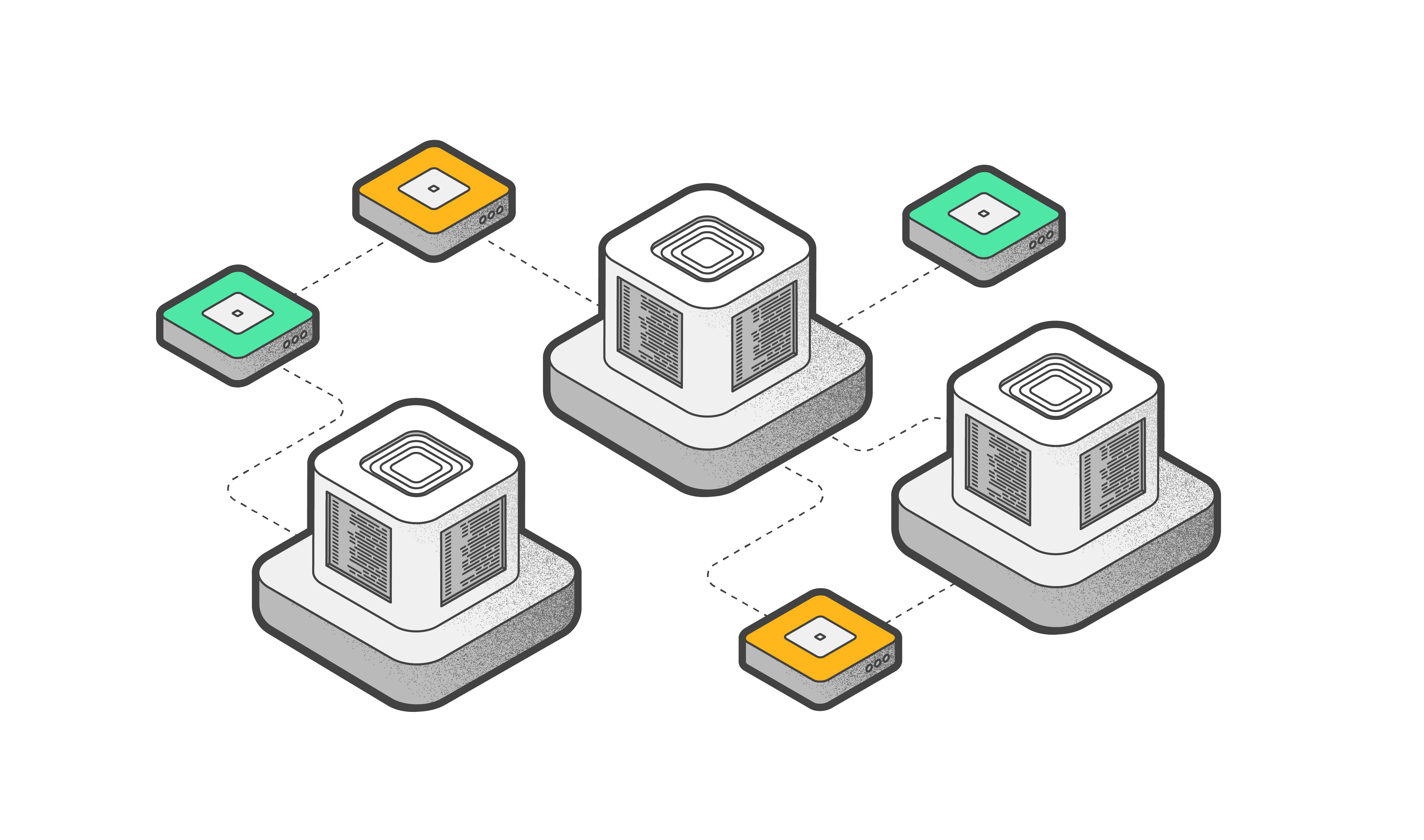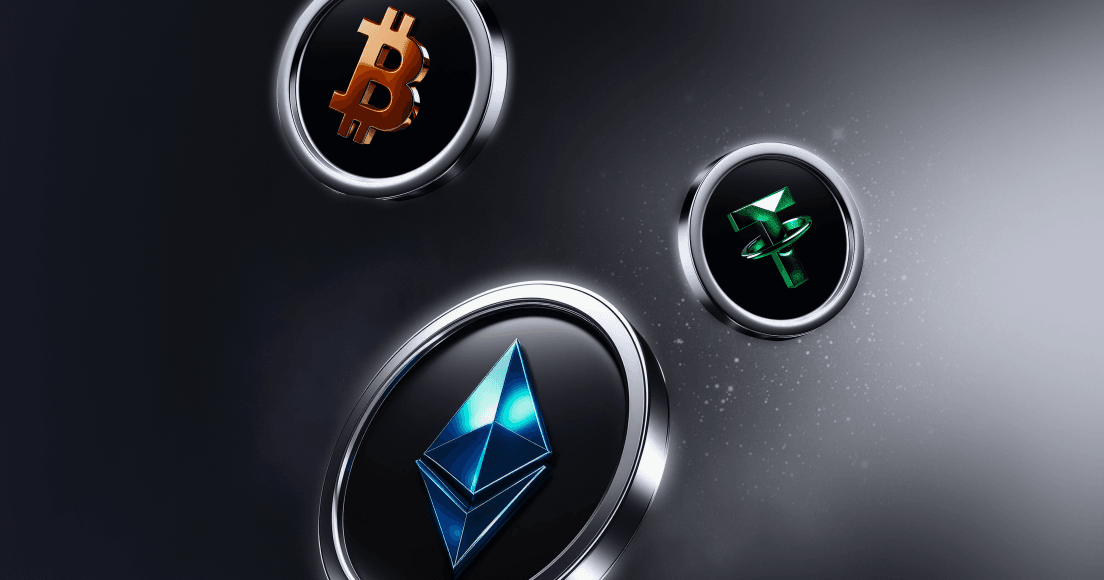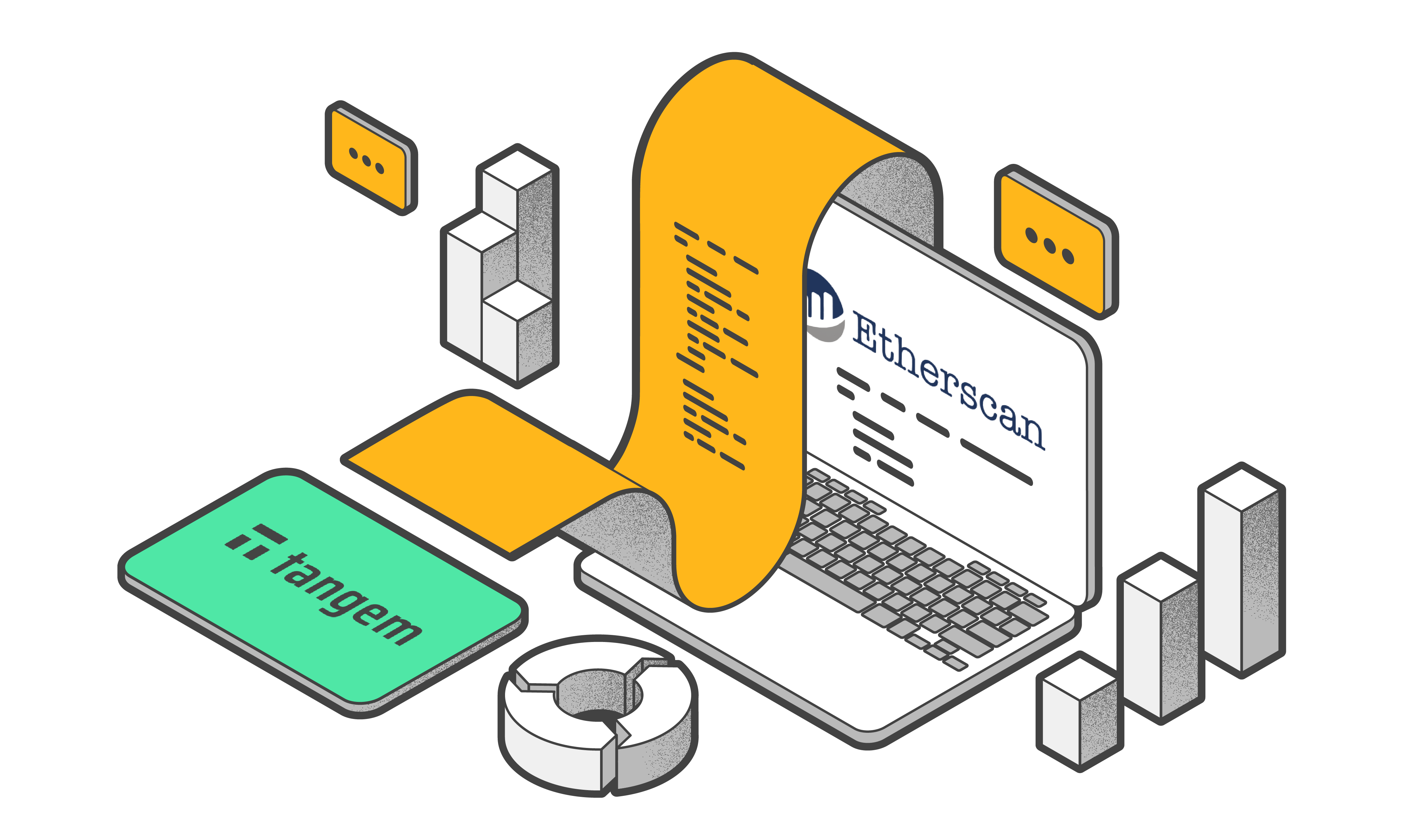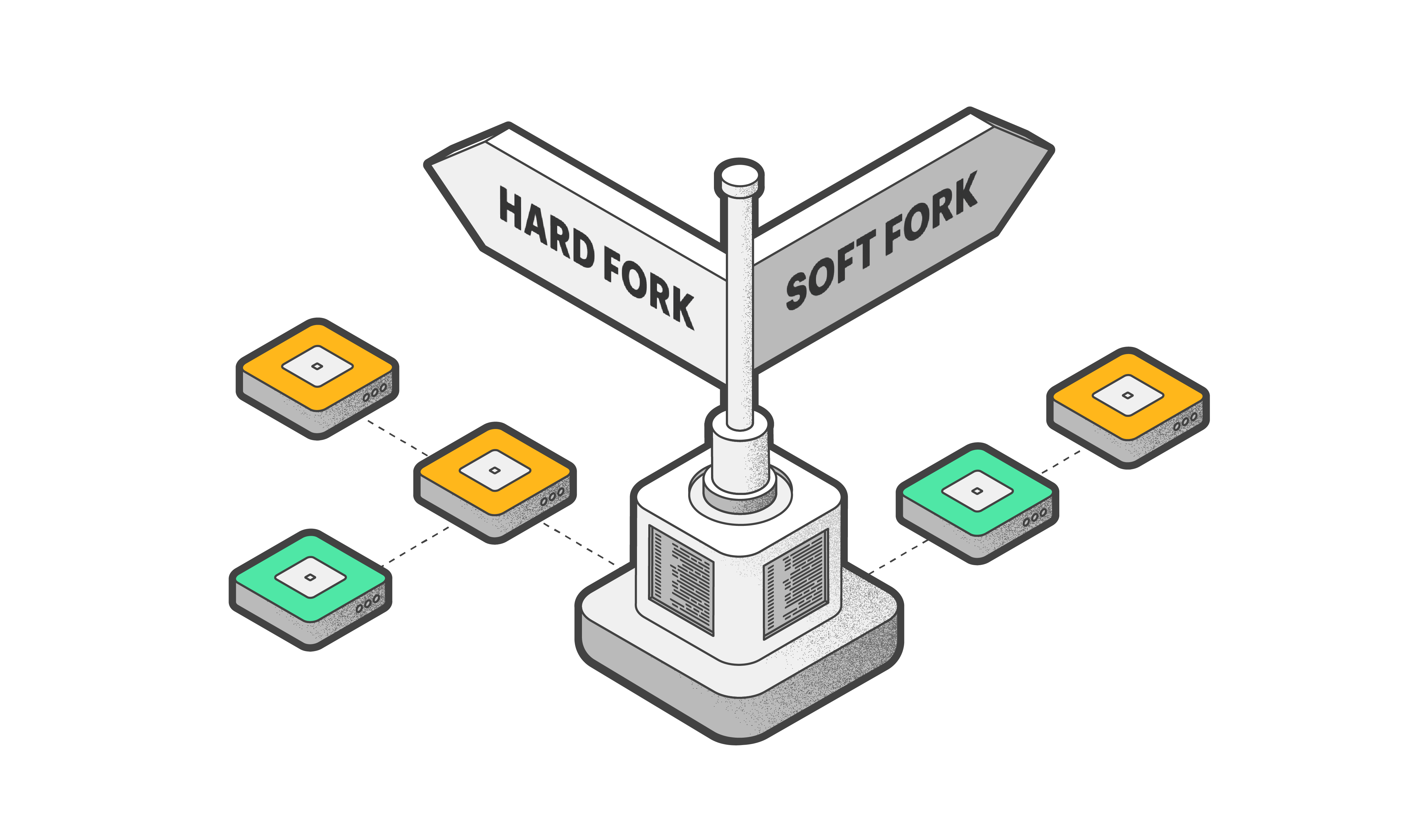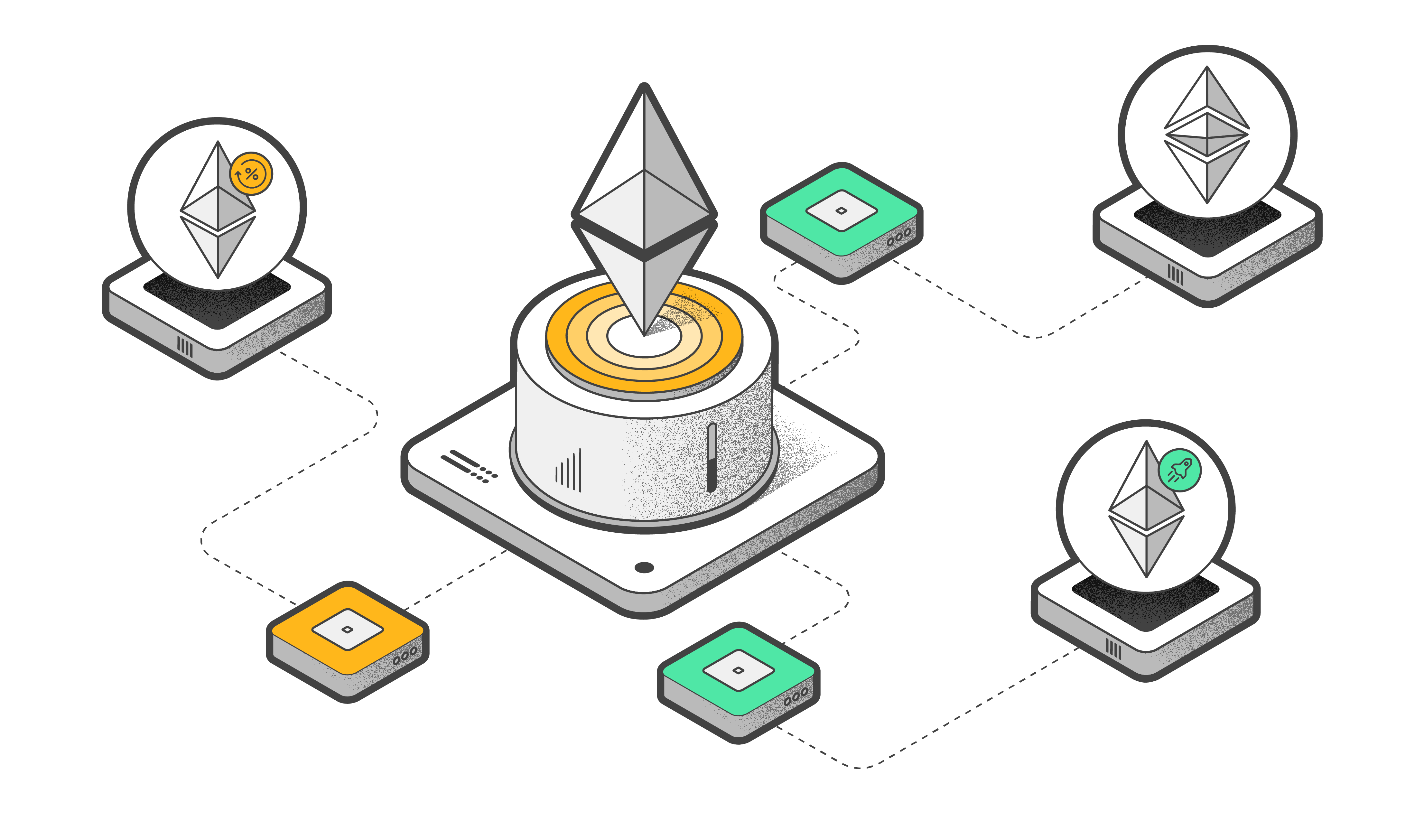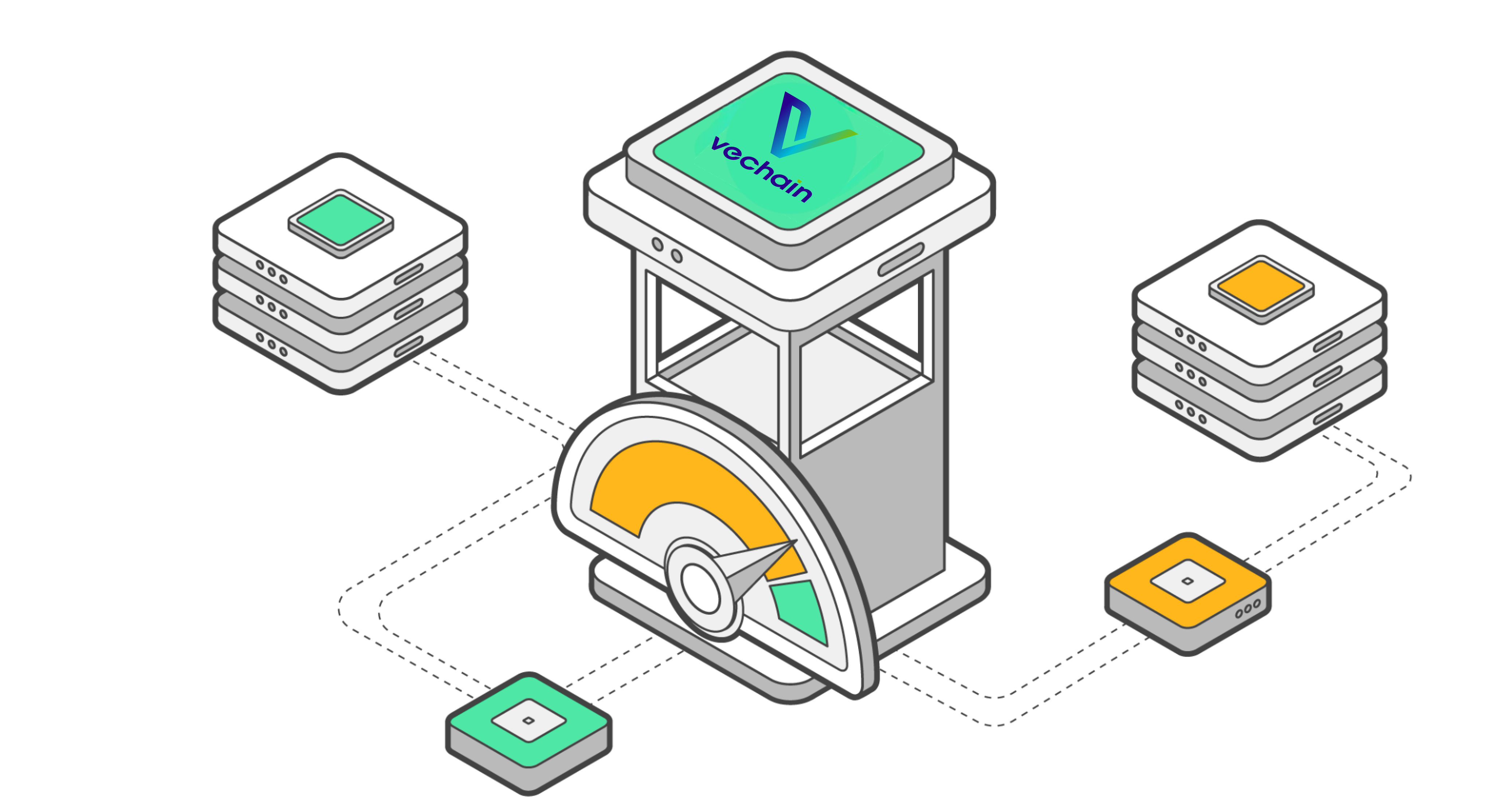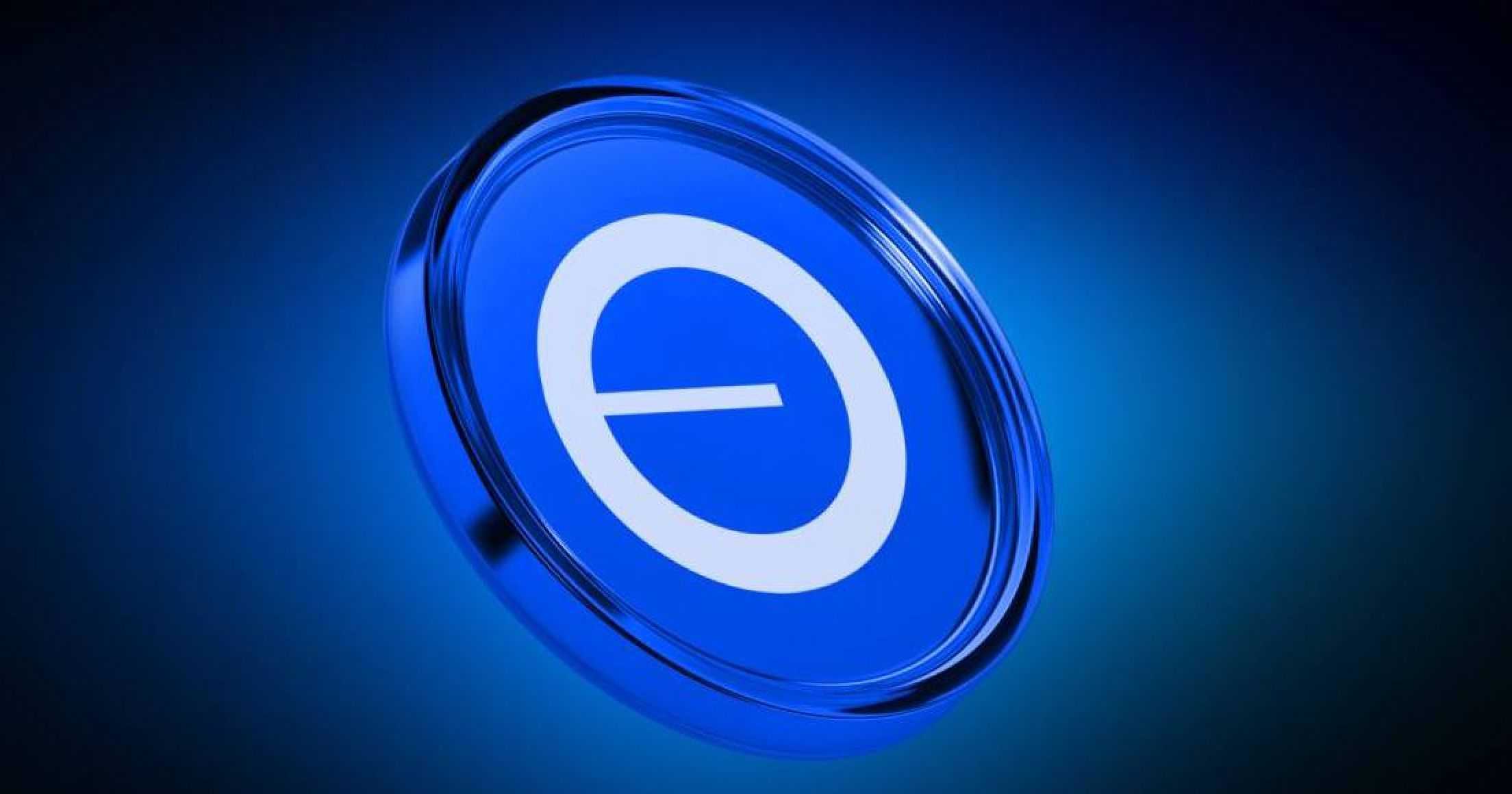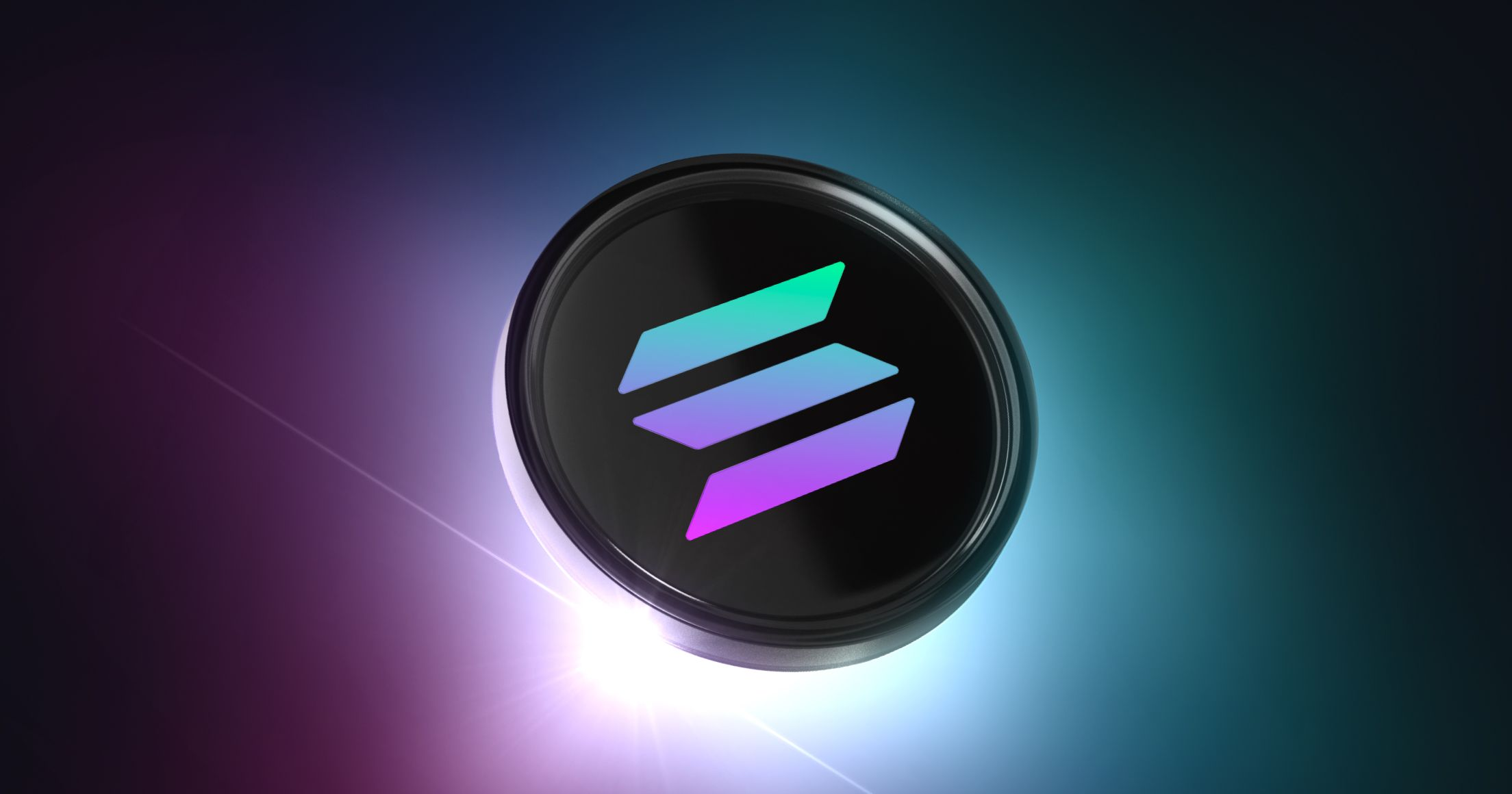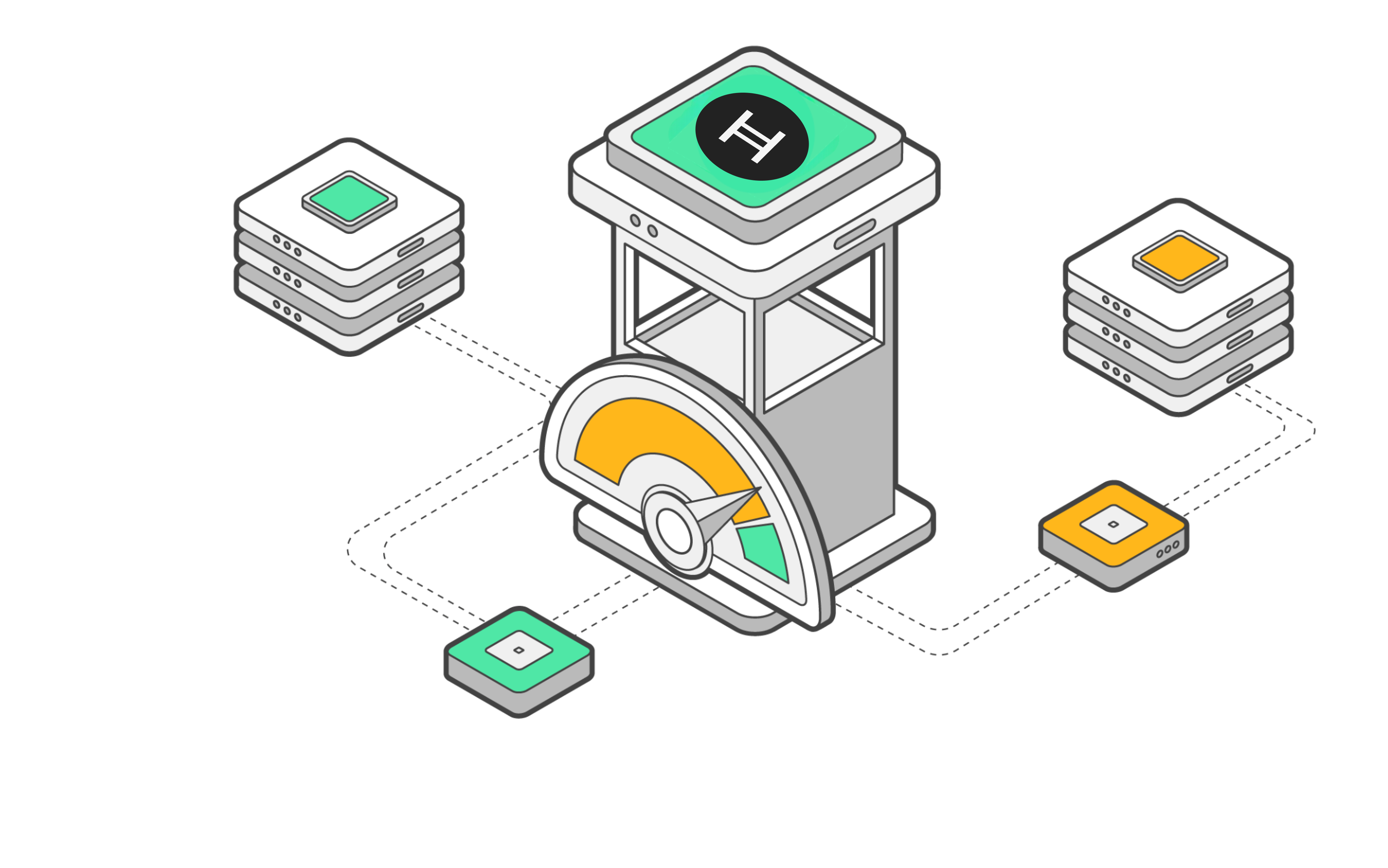
Best Bitcoin Wallets of June 2025 (Google Ratings)
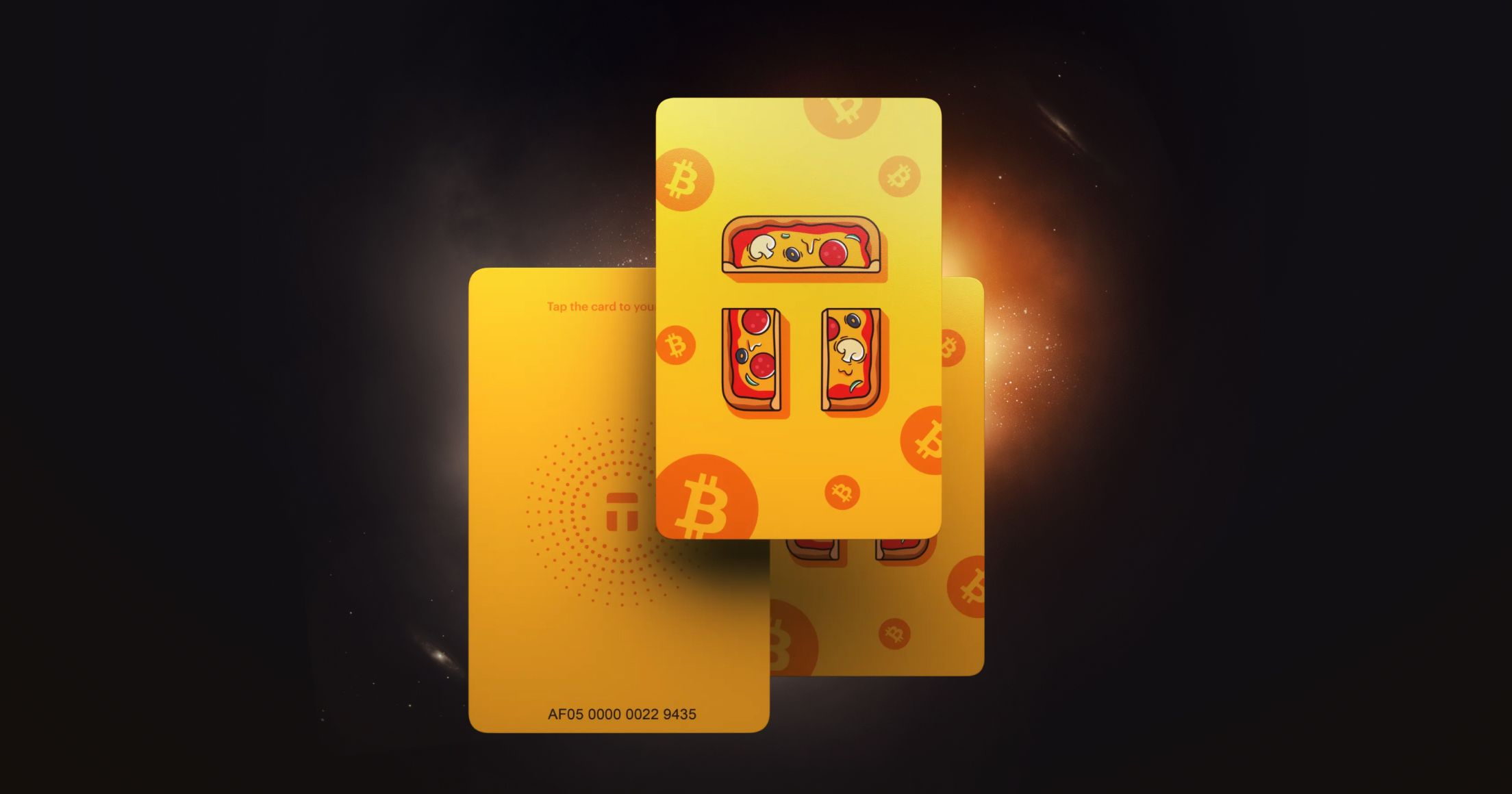
- How to choose the best Bitcoin wallet
- Types of Bitcoin wallets
- Best cold wallets for Bitcoin in June 2025
- Best Bitcoin hot wallets of June 2025
- Should you get a Bitcoin-only Wallet?
- Best Bitcoin-only Wallets in June 2025
- Top choices of Bitcoin wallets
- How Bitcoin wallets are evaluated
- What is a Bitcoin wallet?
- Why do you need a Bitcoin Wallet?
- How to set up a Bitcoin wallet
- FAQ: Best Bitcoin wallet
As stories spread about people becoming financially free because they invested in Bitcoin (BTC) early on, new investors feel a strong need to jump in before it's too late, further increasing the demand and price of Bitcoin.
However, every serious investor needs a good Bitcoin wallet to buy and store BTC. And choosing the right wallet is as important as getting in at the right time. There are many wallet options, and the best often balance security, ease of use, and supported cryptocurrencies.
This comprehensive guide lists the best Bitcoin wallets for June 2025 to help you find what you need.
How to choose the best Bitcoin wallet
When selecting a Bitcoin wallet, consider the following key factors:
1. Security features
Go for wallets that have multi-factor authentication (MFA), allow you to control your private keys, and offer hardware wallet options. Make sure the wallet provides backup options like seed phrases or recovery tools.
2. User-friendliness
Select a wallet with an easy-to-use interface, especially if you’re a beginner. Look for features like simple navigation and clear instructions.
3. Blockchain compatibility
Choose wallets that support multiple blockchains so that you can manage various cryptocurrencies (like Bitcoin, Ethereum, and Solana). Ensure the wallet is compatible with the blockchains you use.
4. Price and reputation
Compare the prices of wallets and read reviews to check user satisfaction and reliability. Google reviews can help you find genuine reviews on Bitcoin wallets.
Types of Bitcoin wallets
Bitcoin wallets come in two main types: hot wallets and cold wallets.
Custodial and non-custodial wallets
Custodial wallets: These are wallets managed by third parties, such as exchanges like Coinbase and Binance. The service provider keeps your private keys, which makes it easier to use, but you have less control. They are simple for beginners but come with significant risks, like hacking or freezing of your account.
Self-custodial wallets: These wallets give you complete control over your private keys. Examples include hardware wallets like Tangem and Trezor or software wallets like Phantom Wallet. These wallets focus on security and give you more independence, but you must carefully manage your private keys.
Learn more about the differences between custodial and non-custodial wallets.
Hot wallets
Hot wallets are always online, making them convenient for daily transactions but also more at risk of hacking. Some examples are:
- Mobile wallets: Apps like Wallet.
- Browser wallets: Add-ons like Exodus.
- Exchange wallets: Built into platforms like Binance and Coinbase.
Pros: User-friendly, quick access.
Cons: Higher chance of cyberattacks.
Cold wallets
Cold wallets keep private keys offline, offering better security. Examples are:
- Hardware wallets: Devices like Tangem Wallet and Trezor.
- Paper wallets: Physical printed copies of private keys.
Pros: Safe from online hacks, and ideal for long-term storage.
Cons: It requires the cost of initially buying the device.
Learn more about cold wallets here.
Best cold wallets for Bitcoin in June 2025
Cold wallets, or hardware wallets, are offline storage devices that provide the highest level of security for cryptocurrencies. Here’s a list of the top cold wallets, their pros, cons, supported blockchains, platforms, brief info, and Google ratings.
1. Tangem Wallet
The Tangem Wallet is a hardware wallet that lets users fully control their private keys without needing seed phrases. It supports various cryptocurrencies and blockchain networks, making it suitable for both beginners and experienced users.
Supported blockchains and platforms:
Tangem Wallet works with over 83 networks, like Bitcoin, Binance Smart Chain, and Polygon. Users can manage thousands of cryptocurrencies using just one card, and a complete list of supported assets can be found on Tangem's website. The wallet is accessible through a mobile app for both iOS and Android devices.
Google rating:
4.7/5 (as of June 2025).
Pros:
- User-friendly design: The NFC smart card and wearable ring are convenient for daily use.
- Robust Security: Features like EAL6 CC certifications and innovative backup technology make Tangem very secure.
- Extensive Asset Support: Users can manage many cryptocurrencies in one wallet.
Cons:
- Requires a compatible NFC-enabled smartphone, which might limit access for some people.
Overall, Tangem Wallet offers a safe and convenient way to store cryptocurrencies with its unique NFC technology, but users should check device compatibility before using it. With a rating of 4.7 stars out of 5, Tangem Wallet is the best bitcoin wallet available today.
2. Trezor
Trezor is a hardware wallet created by SatoshiLabs that lets you store over 1,800 cryptocurrencies without needing a third party. It has a touchscreen for easy use and offers strong security, including a recovery seed backup. You can connect it to your computer via USB and use it with different third-party wallets.
Trezor works with various operating systems, including Windows, macOS, Linux, Android, and web browsers.
Google rating
- 4.7/5 (as of June 2025).
Pros:
- User-friendly interface.
- Open-source firmware.
- Strong security features.
Cons:
- Lacks wireless connectivity.
- Higher price point compared to some alternatives.
4. Ellipal
The ELLIPAL Titan, launched in 2019, is a secure hardware wallet that does not connect to the internet (no Wi-Fi, Bluetooth, or USB). It has a touchscreen and can store over 10,000 cryptocurrencies from different blockchains. Transactions are signed and verified using QR codes.
Google Rating:
4.2/5 (as of June 2025)
Pros
- Very secure with no connections
- Supports a wide range of cryptocurrencies
- Sturdy metal design
Cons
- No real-time connectivity; uses QR codes
- Bulkier than some other wallets
4. SafePal
Released in 2019, the SafePal S1 is a hardware wallet that lets you store over 10,000 cryptocurrencies without relying on a third party. It has a camera to scan QR codes and is designed for high security, operating without internet connectivity. You can control it using the SafePal app, which is available for iOS and Android.
Google rating
4.5/5 (as of June 2025).
Pros:
- Affordable.
- High security with QR code support.
- Portable and easy to carry.
Cons:
- A small screen can be difficult to use.
- Some users find firmware updates tricky.
When comparing cold wallets, we look at security, supported cryptocurrencies, usability, and device compatibility.
5. Ledger
The Ledger Nano X, launched in 2019, is a hardware wallet that securely stores over 5,500 cryptocurrencies without relying on third parties. It connects via Bluetooth so that users can manage their assets through the Ledger Live app on smartphones (iOS and Android). It includes a secure element that meets CC EAL5+ standards to protect private keys.
Google Rating
4.6/5 (as of June 2025)
Pros
- Supports many cryptocurrencies.
- Bluetooth for easy mobile access.
- Strong security features.
Cons:
- More expensive than some alternatives.
- Some users might worry about its closed-source firmware.
- Constant criticism and FUD around its products due to recent security issues.
Best Bitcoin hot wallets of June 2025
Hot wallets are software-based wallets that connect to the internet, offering convenience and accessibility for managing Bitcoin. Here’s a list of the top hot wallets in 2025, along with their pros and cons:
1. Phantom Wallet
Phantom Wallet, launched in 2021, is a user-friendly wallet designed for the Solana blockchain. Its easy-to-use interface, quick transactions, and smooth connections with Solana-based dApps, NFTs, and DeFi platforms helped it gain popularity quickly.
In 2025, Phantom added support for Ethereum, becoming a multi-chain wallet. Its straightforward design appeals to Bitcoin users and newcomers to cryptocurrency.
Supported blockchains: Bitcoin, Solana, Ethereum, Polygon, Base, Sui.
Available on:
- Web Browsers: Chrome, Brave, Firefox, Edge (as an extension).
- Mobile: iOS and Android (as an app).
Google rating
- Rating: 4.4/5 (as of June 2024).
Pros:
- Easy-to-use app and a user-friendly user interface.
- Excellent support for Bitcoin Ordinals.
- Self-custodial wallet.
Cons:
- Some bugs pop up occasionally in the mobile app, and customer support options are limited.
- It's a hot wallet.
3. Trust Wallet
Trust Wallet is a mobile-first cryptocurrency wallet. It gained rapid popularity due to its ease of use, multi-chain support, and intense focus on security. In 2018, Binance acquired Trust Wallet, the world’s largest cryptocurrency exchange, further boosting its development and integration with Binance Smart Chain (BSC).
Supported blockchains and platforms: Trust Wallet has multi-chain support (over 70 blockchains).
- Mobile: iOS and Android (via mobile app).
- Desktop: No native desktop app, but can connect to desktop DApps via WalletConnect.
Google rating
- 4.4/5 (as of June 2025).
Pros:
- Wide range of supported blockchains.
- User-friendly interface.
- Built-in DApp browser.
Cons:
- Occasional bugs.
- Lacks desktop support
- Limited customer service options.
4. Rabby Wallet
Rabby Wallet was launched in 2021 as an open-source browser extension for Ethereum and other EVM-compatible chains. Rabby is non-custodial, meaning users have complete control over their private keys.
Supported blockchains: Rabby Wallet works with various compatible networks, including Ethereum, Binance Smart Chain, Polygon, Avalanche, and Fantom. It offers features like portfolio tracking, transaction simulation, and security protections.
Platforms: Rabby is available as a browser extension and has a mobile app on the App Store and Google Play.
Google rating
- 3.8/5 (as of June 2025).
Pros:
- Automatic chally switches chains based on the visit, making it easier and more convenient for users.
- Anyone can review open-source code, ensuring transparency.
- Strong security features, such as checking transactions before signing.
Cons:
- Only available as a browser extension; lacks mobile or desktop applications.
- There are not as many customer support options as offered by popular wallets.
5. Exodus Wallet
Exodus Wallet is an easy-to-use cryptocurrency wallet that looks good and supports many digital currencies. It became popular for its simple design, built-in exchange, and ability to handle multiple currencies. Over time, it added features like staking, NFT support, and compatibility with hardware wallets such as Trezor. Exodus aims to give a smooth experience for both new and experienced users.
Exodus supports over 100 cryptocurrencies across a wide range of platforms. It is accessible on Windows, macOS, Linux desktop computers, and iOS and Android mobile devices.
Google rating
- Rating: 4.5/5 (as of June 2025).
Pros:
- Intuitive design
- Wide range of supported cryptocurrencies
- Built-in exchange feature.
Cons:
- Lack of two-factor authentication (2FA),
- Occasional bugs & limited customer support.
- Some users have reported issues with transaction fees and speed.
6. Zengo Wallet
Zengo is unique for its use of Multi-Party Computation (MPC) technology, which eliminates the need for seed phrases and enhances security by splitting private keys into multiple parts. This innovative approach has made Zengo popular for users seeking a balance between security and convenience.
Platforms supported: Mobile – iOS and Android.
Google rating:
- 4.1/5 (as of June 2025).
Pros:
- Highly praised for its security features (MPC technology), ease of use, and excellent customer support.
- Users also appreciate its sleek design and lack of seed phrase vulnerability.
Cons:
- Supports fewer cryptocurrencies compared to competitors.
- Occasional app performance issues.
Should you get a Bitcoin-only Wallet?
Buying a Bitcoin-only wallet has several trade-offs to consider. These wallets are purpose-built for Bitcoin and don’t support altcoins, often preferred by Bitcoin maximalists for security or ideological reasons.
First, these wallets support only Bitcoin, meaning you can't store Ethereum, Solana, or other altcoins. If your crypto interests expand beyond BTC, you’ll need an additional wallet, increasing both cost and complexity.
There's also a lack of flexibility. Unlike multi-asset wallets, Bitcoin-only options limit your ability to experiment with new chains or participate in emerging ecosystems. You're effectively locking yourself into a single asset.
Many Bitcoin-only wallets also focus on security and protocol purity at the expense of user experience. Advanced features like coin control, PSBTs, and multisig setups are great for power users but can be overwhelming for beginners. They often lack intuitive mobile apps or easy backup flows.
Additionally, these wallets tend to have limited ecosystem compatibility. You won’t find native integrations with Web3 tools, decentralized exchanges, or staking services, so you'll be left out if you ever want to interact with those.
Best Bitcoin-only Wallets in June 2025
We've gathered a short list of hardware-based Bitcoin-only wallets.
Coldcard (by Coinkite):
Coldcard is an air-gapped, Bitcoin-only hardware wallet with advanced features for power users.Foundation Passport (Bitcoin-only firmware option):
Foundation offers a Bitcoin-only firmware version for users who want maximum focus and minimal attack surface.Blockstream Jade (Bitcoin-only mode):
While Blockstream Jade supports liquid assets, you can enable Bitcoin-only firmware for pure BTC usage.BitBox02 Bitcoin-only edition (by Shift Crypto):
BitBox02 is a dedicated hardware wallet for Bitcoin only, with no altcoin support.
Top choices of Bitcoin wallets
Choosing the right Bitcoin wallet depends on your specific needs, such as ease of use, security, or compatibility with some blockchains. Here’s a breakdown of the top wallets in various categories:
Here’s the information organized into a comparison table for easy reference:
| Category | Wallet (Type) | Key characteristics | Platforms | Price | Google rating |
|---|---|---|---|---|---|
| Best overall | Tangem Wallet (Cold) | Simple, intuitive interface; integrates with 3rd party exchanges; supports Bitcoin | iOS, Android | From $54.90 | 4.7/5 |
| Best Bitcoin-only | Coldcard Wallet (Cold) | Supports only bitcoin, a built-in DApp browser, and a user-friendly mobile app. | - | From $230 | 4.4/5 |
| Best for Desktop | Exodus Wallet (Hot) | Sleek interface; supports 100+ cryptocurrencies; built-in exchange and staking. | Windows, macOS, Linux, iOS, Android | Free | 4.5/5 |
| Best for DeFi | Rabby Wallet | Built-in DeFi staking and earning; non-custodial; supports multiple cryptocurrencies. | iOS, Android | Free | 3.8/5 |
| Best MPC Wallet | Zengo Wallet (Hot) | Uses MPC technology for enhanced security; no seed phrases; user-friendly. | iOS, Android | Freemium | 4.1/5 |
Best Bitcoin Wallet Overall: Tangem Wallet
Tangem Wallet is a user-friendly hardware wallet that uses NFC smart cards. It simplifies the process by removing the need for seed phrases. This wallet supports many cryptocurrencies across various blockchains, making it great for beginners and experts wanting a simple, secure storage option.
It’s dustproof, waterproof, and protected from X-rays, EMPs, ESC, and extreme temperatures. Since its launch, Tangem has never been hacked. Its security features include open-source app code and audited, non-updatable firmware, ensuring it remains secure over time.
Best Mobile Wallet: Phantom Wallet
Phantom Wallet is an easy-to-use, non-custodial wallet primarily for the Solana blockchain, now expanding to support Bitcoin, Base, Sui, Ethereum, and Polygon. Available for iOS and Android, it integrates smoothly with dApps, token swaps, and NFT management, making it a versatile choice for mobile users.
Best Desktop Wallet: Exodus Wallet
Exodus Wallet is a non-custodial software wallet known for its simple design and broad cryptocurrency support. As a desktop app, users can easily manage multiple assets, exchange currencies, and track their portfolio. Its user-friendly interface and regular updates make it a top choice for those looking for multi-currency support.
Best Bitcoin-only Wallet: Coldcard
The Coldcard Mk4 is designed for Bitcoin users and offers strong security features. Though it may require extra accessories and can be complex, its durable build and focus on security make it a favored choice for protecting Bitcoin assets.
This overview presents a variety of wallets tailored to different user preferences, helping you choose the best option for safe and effective cryptocurrency management.
How Bitcoin wallets are evaluated
Evaluating Bitcoin wallets involves a comprehensive approach to ensure they meet user needs and security standards. Our methodology includes:
- User reviews: We analyze feedback from real users to assess reliability and identify common issues.
- Security features: We examine encryption protocols, two-factor authentication (2FA), and offline storage options to ensure robust protection against threats.
- Ease of use: We evaluate the wallet's interface for intuitiveness, ensuring it is suitable for both beginners and advanced users.
- Compatibility: We verify support for multiple cryptocurrencies and blockchain networks to ensure versatility.
Additionally, we consider industry standards and certifications to assess adherence to best practices.
What is a Bitcoin wallet?
Bitcoin wallets are essential tools for managing Bitcoin and other cryptocurrencies. They bridge users and blockchain networks, enabling secure storage, sending, and receiving. Unlike traditional wallets, Bitcoin wallets don’t store physical currency but instead manage private and public keys, which are crucial for accessing and controlling your funds on the blockchain.
Why do you need a Bitcoin Wallet?
A Bitcoin wallet is essential for securely storing, sending, and receiving Bitcoin. It protects your private keys and gives you complete control over your Bitcoin.
Use cases for Bitcoin wallets include:
- Long-term holding: Cold wallets, such as hardware wallets, offer offline storage and are ideal for securing large amounts of Bitcoin.
- Online payments: They facilitate the purchase of goods and services from merchants that accept Bitcoin.
- Remittances: They enable quick and cost-effective cross-border money transfers.
- Investment management: They allow users to buy, sell, and hold Bitcoin as part of their investment portfolios.
- Tokenized asset management: They assist in managing tokenized real-world assets like real estate or commodities.
These use cases showcase the versatility of Bitcoin wallets in the expanding digital economy.
How to set up a Bitcoin wallet
Creating a Bitcoin wallet means choosing the right type—either hot or cold—depending on your needs. Select, download, or buy the wallet, set it up, and securely store your recovery phrase to keep access to your digital assets.
Setting up a hot wallet
- Download the app from the App Store or other reputable sources like GitHub.
- Create an account. Follow the setup instructions and generate a seed phrase.
- Secure your wallet. Write down the seed phrase and store it offline. Enable 2FA for added security.
Setting up a cold wallet
- Buy a hardware wallet like Tangem or Trezor from their official website or trusted resellers.
- Activate the wallet by following the on-screen instructions to generate a seed phrase and set up a PIN.
- Keep the seed phrase in a safe, secure place, like a safe or safety deposit box, to make a backup.
Tips for creating a secure offline backup.
To keep your Bitcoin safe, creating a secure offline backup is essential. Here are some simple steps:
1. Use a hardware wallet: This keeps your private keys offline and safe from online threats.
2. Make multiple backups: Write down your recovery phrase multiple times and store it in different safe places to avoid losing everything at once.
3. Store backups safely: Store your backups in fireproof and waterproof safes, or use safety deposit boxes for extra protection.
4. Avoid digital copies: To lower the risk of theft, don’t keep your recovery phrase in digital forms like photos or text files.
5. Limit access: Only allow trusted people to access your backups and ensure they understand how important it is to keep them safe.
6. Test your backups regularly: Check them periodically to ensure you can access them when needed.
FAQ: Best Bitcoin wallet
Understanding the types and functionalities is crucial for both newcomers and experienced users. Here are some frequently asked questions about Bitcoin wallets:
Why do I need a Bitcoin wallet?
A Bitcoin wallet ensures secure storage and full control over your Bitcoin. Without it, your funds are at risk of theft or loss.
What is a Bitcoin wallet?
A Bitcoin wallet manages private and public keys to an address on the Bitcoin blockchain. It allows you to interact with blockchain networks and control your assets.
What is the safest Bitcoin wallet in 2025?
Hardware wallets like Tangem are considered the safest due to their offline storage and robust security features.
Can I transfer Bitcoin from an exchange to a wallet?
You can transfer Bitcoin from an exchange to a wallet by entering your wallet’s public address on the exchange platform.
How many Bitcoin wallets should I have?
It depends on your needs. Many users have multiple wallets: one for daily transactions and another cold wallet for long-term storage.
What is the difference between a fiat wallet and a Bitcoin wallet?
A fiat wallet stores traditional currency, while a Bitcoin wallet manages Bitcoin on the blockchain.
Are all Bitcoin wallets compatible with Ordinals?
Not all BTC wallets support Ordinals.
How do Bitcoin wallets work?
Bitcoin wallets store your public and private keys, enabling you to send and receive cryptocurrencies. They interact with the blockchain to facilitate transactions and monitor your balance.
How can I secure my Bitcoin wallet?
To secure your wallet, use strong, unique passwords, enable two-factor authentication, and back up your wallet securely. Also, update your software regularly and be cautious of phishing attempts.
Which is the best Bitcoin wallet to use?
Tangem Wallet is the best for 2025—secure, mobile, and tap-to-use with no batteries or cables. It’s beginner-friendly and eliminates seed phrase risks.
What is the safest hardware wallet for Bitcoin?
Tangem Wallet is among the safest, using a secure element chip and no seed phrase exposure. It supports proper cold storage with the convenience of a smartcard.
Who owns 90% of Bitcoin?
No single entity owns 90%; large portions are distributed among early adopters, exchanges, institutions, and miners. The network remains decentralized.
How much is $1 in a Bitcoin wallet?
It depends on Bitcoin’s market price at the time; wallets don’t affect BTC value, only how you store it. You can hold any small BTC amount, even $1 worth.
What is the safest way to hold Bitcoin?
A cold storage hardware wallet like Tangem protects against hacks and phishing attacks. Avoid custodial platforms and always control your private keys.
How much will 1 Bitcoin be worth in 2030?
Predictions vary widely, but many analysts expect Bitcoin to be worth six figures by 2030. Although it's speculative, long-term holders remain optimistic.
What is the most trustworthy crypto wallet?
Tangem is among the most trusted, with verifiable open-source firmware and no server dependence. Its Swiss-designed security model speaks for itself.
What are the disadvantages of hardware wallets?
Some require cables, batteries, or a complex setup. Tangem solves these issues with a sleek, mobile-first tap-to-sign design.
Where is the best place to store Bitcoins?
In a self-custodial hardware wallet like Tangem, you fully control your keys offline, which is safer than leaving funds on an exchange.
Does Elon Musk own Bitcoin?
Yes, Elon Musk has publicly confirmed personal Bitcoin holdings, and Tesla also bought BTC in 2021. However, exact amounts are not disclosed.
How rare is it to own one Bitcoin?
Owning one whole Bitcoin puts you in the top 1% of BTC holders globally. However, as adoption grows, it’s becoming increasingly scarce.
How much Bitcoin is left?
As of 2025, around 1.4 million BTC remain to be mined out of the 21 million total. The last Bitcoin will be mined around the year 2140.
What happens if I put $100 in Bitcoin?
Your $100 turns into BTC at the current rate and fluctuates with market value. You could gain or lose value depending on timing.
How long does it take to mine 1 Bitcoin?
On average, it takes about 10 minutes to mine a block, which currently yields 3.125 BTC, but individual mining time varies based on equipment and luck.
How do I not lose money on Bitcoin?
Hold long-term and use secure storage like Tangem to avoid scams or exchange failures. Avoid panic selling during volatility.
Can you store Bitcoin on a USB?
Technically, yes, but it's unsafe and lacks security features. A hardware wallet like Tangem is far more secure and user-friendly.
What is a cold wallet?
A cold wallet stores your crypto offline, away from internet threats. Tangem is a cold wallet that remains secure even when used with your phone.
What is the most secure Bitcoin wallet?
Tangem offers best-in-class security with EAL6+ certified chips, no seed exposure, and whole offline storage. It’s built for uncompromised self-custody.
Are hardware wallets 100% safe?
No system is 100% foolproof, but hardware wallets like Tangem drastically reduce risks. Proper usage and backups are essential.
Why is Trezor better than Ledger?
Trezor is open-source and doesn’t use a secure element, while Ledger has proprietary code but stronger hardware protections. Tangem combines both open-source and secure elements.
What if a hardware wallet breaks?
With Tangem, you can use backup cards to recover instantly without a seed phrase. Other wallets require manual backup phrase input.
How do I choose a Bitcoin wallet?
Choose based on your priority: security, ease of use, and recovery. Tangem excels in all three, especially for mobile-first users.
Can a trust wallet be traced?
Wallets themselves aren’t “traced,” but blockchain transactions are public. Tangem offers more privacy by not connecting to servers or collecting user data.

